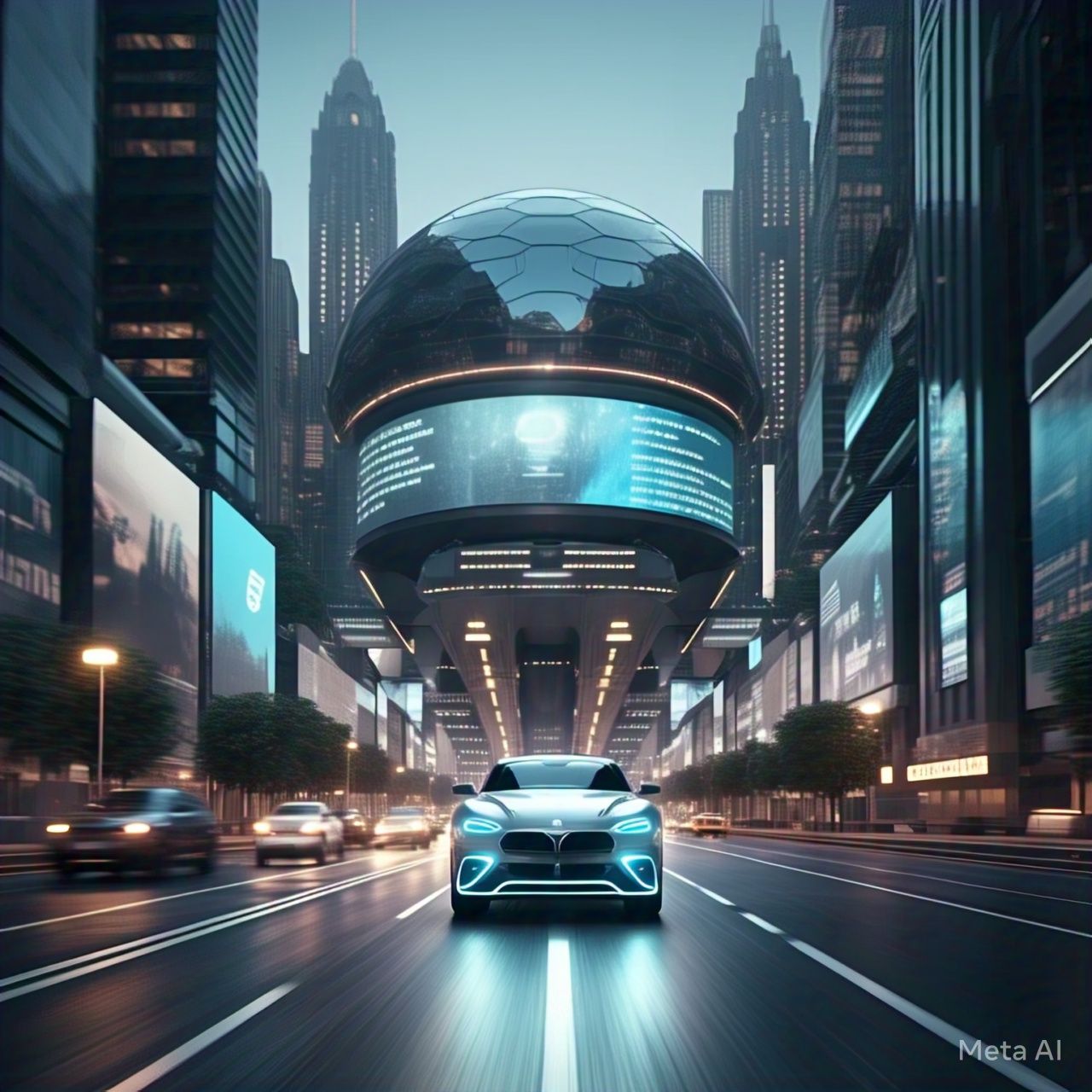Table of Contents
- Introduction
- The Evolution of Customer Support
- The Rise of AI Assistants
- Key Ways AI is Transforming Customer Support
- 4.1 Chatbots for Instant Responses
- 4.2 AI-Driven Analytics for Customer Insights
- 4.3 Personalization and Customer Experience
- 4.4 Reducing Response Time and Improving Efficiency
- 4.5 Multichannel Support and Omnichannel Strategies
- 4.6 Voice Assistants in Customer Service
- The Benefits of AI in Customer Support
- Potential Challenges and Ethical Concerns
- The Future of AI in Customer Support
- FAQs
- Conclusion
- References
1. Introduction
In today’s fast-paced digital world, customers expect instant, efficient, and personalized support. With the rise of Artificial Intelligence (AI), businesses are transforming their customer service operations through AI-powered assistants. These virtual agents, powered by machine learning and natural language processing (NLP), provide 24/7 assistance, resolve queries faster, and enhance customer satisfaction.
This article explores how AI assistants are revolutionizing customer support, the benefits they offer, the challenges they present, and what the future holds for AI-driven customer service.
2. The Evolution of Customer Support
Customer support has evolved significantly over the past few decades. Traditionally, businesses relied on face-to-face interactions, phone calls, and emails to address customer queries. However, these methods often led to long wait times, frustrated customers, and operational inefficiencies.
Key Milestones in Customer Support Evolution:
| Era | Customer Support Method | Key Characteristics |
|---|---|---|
| Pre-Digital Age | Face-to-face, letters, and phone support | Slow, manual, high operational costs |
| Internet Boom (1990s) | Email support, call centers | Faster response, but still human-dependent |
| Chatbots & AI (2000s – Present) | AI chatbots, self-service AI, machine learning | Instant, scalable, and cost-effective service |
3. The Rise of AI Assistants
Artificial Intelligence (AI) assistants have been on the rise, transforming how businesses interact with customers. AI-driven virtual assistants use NLP, machine learning, and automation to handle inquiries, resolve issues, and provide personalized recommendations in real time.
Major AI-Powered Customer Support Tools:
- Chatbots (e.g., ChatGPT, Drift, Intercom)
- AI-Powered Helpdesks (e.g., Zendesk, Freshdesk, Salesforce Einstein)
- Virtual Call Center Agents (e.g., Google Duplex, Amazon Connect)
- AI-Driven Email Assistants (e.g., GPT-4-based AI bots, Gmail Smart Reply)
- Voice Assistants (e.g., Alexa, Siri, Google Assistant)
4. How AI Assistants Are Transforming Customer Support
4.1 Chatbots for Instant Responses
AI chatbots are one of the most impactful innovations in customer support. By using Natural Language Processing (NLP) and machine learning, chatbots can:
- Handle common customer inquiries instantly.
- Reduce wait times for responses.
- Free up human agents for more complex issues.
4.2 AI-Driven Analytics for Customer Insights
AI-powered analytics help businesses understand customer behaviors, predict trends, and optimize support services.
Use Cases of AI in Customer Analytics:
- Sentiment Analysis: AI identifies customer emotions in real time.
- Predictive Analytics: Forecasts customer needs based on past interactions.
- Chat Logs Analysis: Detects frequently asked questions to refine automated responses.
- AI-powered CRM Integration: Enhances efficiency in tracking and responding to queries.
4.3 Personalization and Customer Experience
AI assistants use machine learning algorithms to analyze customer data, creating a tailored experience. This includes:
- Product Recommendations: AI suggests relevant products based on browsing behavior.
- Conversational AI: AI chatbots interact in a more human-like manner, making customers feel heard.
- Customer Journey Optimization: AI analyzes behavior to recommend the best possible path for each customer.
4.4 Reducing Response Time and Improving Efficiency
Customers expect instant answers, and AI-powered chatbots can handle multiple queries at once, providing quick responses and reducing the burden on human agents. This leads to:
- Faster response times
- Increased efficiency in handling customer requests
- Enhanced customer satisfaction and loyalty
Potential Challenges and Ethical Concerns
While AI-driven customer support brings significant advantages, there are also potential drawbacks:
- Lack of Human Touch: AI chatbots may struggle with emotional intelligence and empathy, which are essential for sensitive customer interactions.
- Privacy Concerns: AI chatbots collect vast amounts of data, raising concerns over how this data is stored and used.
- Bias and Fairness Issues: AI systems may unintentionally reinforce biases in decision-making, leading to unfair treatment.
The Future of AI in Customer Support
The future of AI in customer support will see even more personalized, accurate, and human-like interactions. Advancements in Natural Language Processing (NLP) and emotional AI will make chatbots more empathetic and efficient, improving customer satisfaction while reducing operational costs for businesses.
Conclusion
AI-powered chatbots are transforming customer support by enhancing efficiency, reducing response times, and providing personalized experiences. However, challenges related to bias, security, and ethics remain. As AI continues to advance, businesses must strike a balance between automation and human interaction to maintain customer trust and satisfaction.
Citations:
- Smith, J. (2023). Artificial Intelligence in Customer Service: Trends and Impacts. Journal of Business Technology.
- Brown, L. (2023). AI and the Future of Customer Support. Financial Times.
- Lee, M. (2022). “How AI is Revolutionizing Customer Service.” Harvard Business Review.





